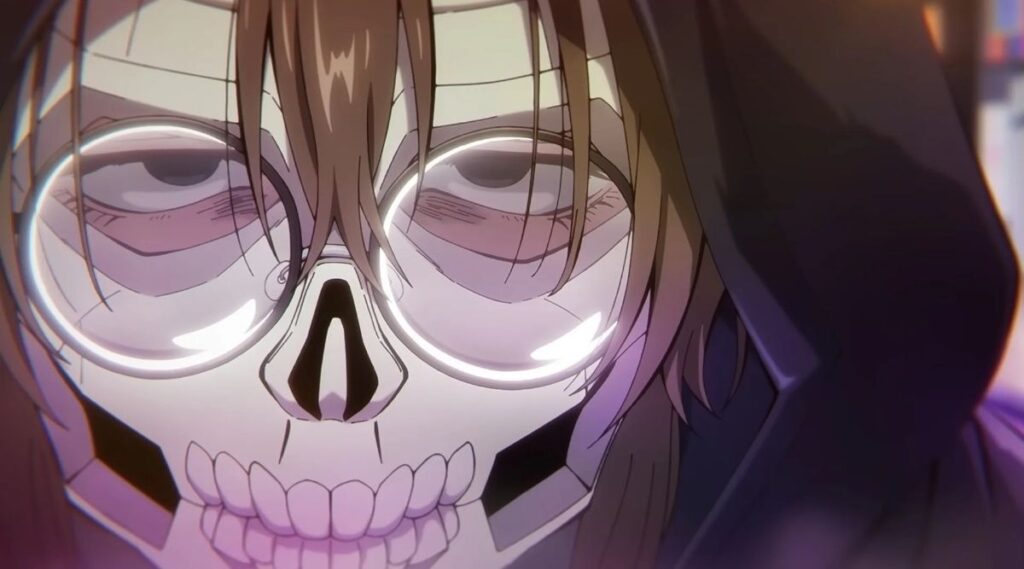Call of the Night Season 2 is in many ways quite different from the first season. It not only introduces new themes but, more importantly, builds upon the relationships and elements established in the first. It does so in fantastic ways, and the narrative is presented beautifully and engagingly, not seen in many anime.
Call of the Night Season 2 starts off focusing on the relationship between Nazuna (Sora Amamiya) and Kou (Gen Sato). The first two episodes are themed around romance, with the relationship between the two leads at the forefront. Kou learns to acknowledge his inexperience with love and how his relationship with Nazuna has always been platonic and friendly.
While putting in effort to build their relationship, Kou and Nazuna decide to learn more about each other. Meanwhile, Kou learns that his friend has met a new vampire whom he has fallen in love with, and like Kou, he contemplates becoming a vampire to be with her.
This leads Kou to arrange a meeting with some vampires to help his friend make a decision, but this is then crashed by the private detective and vampire hunter Kyouko Mejiro (Miyuki Sawashiro). One thing leads to another, and the vampires learn that she can kill them by discovering their weaknesses, which are essentially precious items tied to their past.
Call of the Night Season 2 finally reveals Nazuna’s origins.
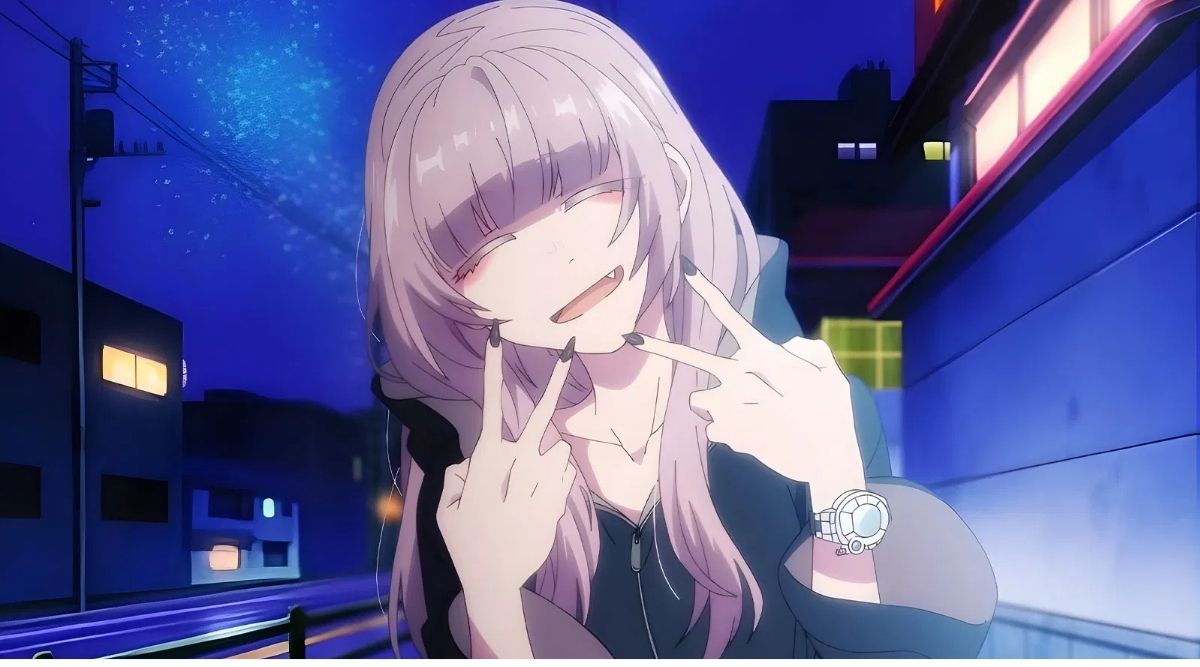
The first half of this season shows the relationships between humans and vampires. Their differences, sacrifices, sorrows. It also shows what it means to lose your humanity and the important memories that can be lost in the process. These themes are fantastically displayed through engaging, heartfelt conversations and dialogue between characters. Every conversation feels real, genuine, and impactful, which is a refreshing shift from the usual overly animated dialogues seen in the medium.
To prevent their doom, all the vampires search for and destroy their precious items, which leads to episodes focused on several characters and their pasts. Each episode showcases beautiful and tragic stories about the characters it focuses on. They’re incredibly thought-provoking, emotional, and engaging. The highlights of the season’s narrative are undoubtedly the back stories for Nazuna, Kabura (Shizuka Itou), and Kyouko.
The story finally reveals Nazuna’s origins and her mother’s relationship with Kabura, including their initial meeting and eventual separation from one another. This story is nothing short of touching, displaying the complex emotions and intricacies of the human condition.
Call of the Night Season 2 makes you empathize with the vampires.
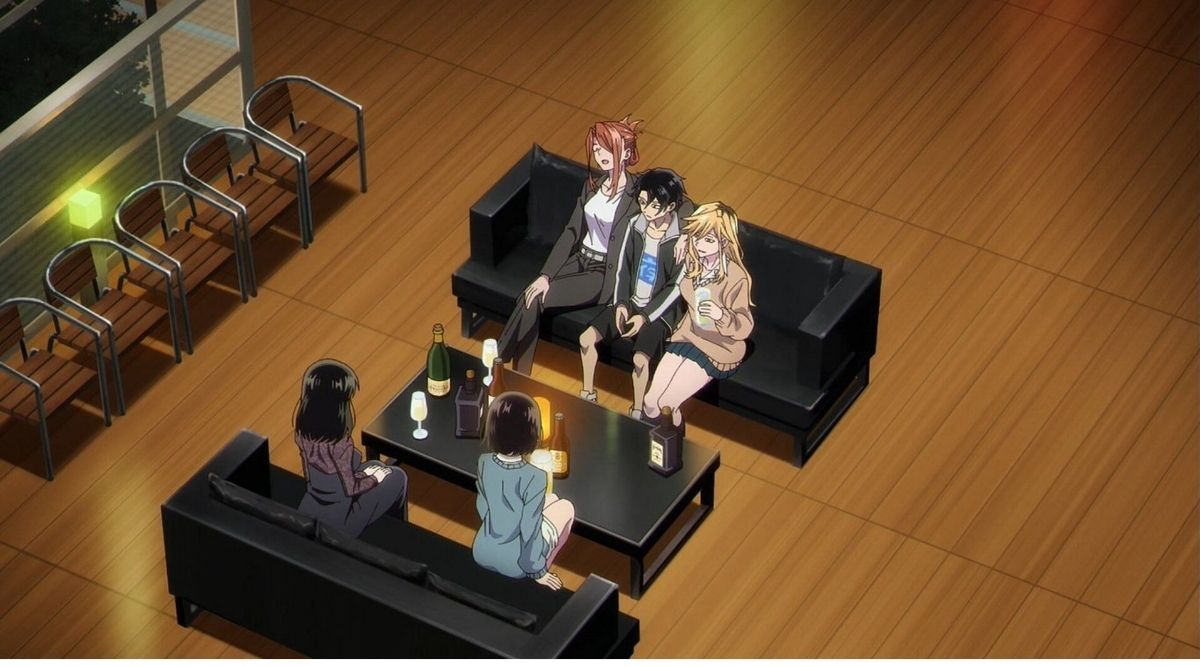
Kabura loving Nazuna’s mother, coming to terms with the fact she can never be with her, is quite heart-warming. Kabura still loves Nazura enough to take care of Nazuna after her birth, and after her parents abandon her. The entire episode is both emotionally poignant and incredibly entertaining.
However, the backstory that really boosts the season’s narrative depth and engagement factor is Kyouko’s. Learning about her past and connection to Nazuna and their friendship is a shocking revelation that also puts the anime’s events into perspective.
Learning that the influence of a vampire led to Kyouko’s parents’ deaths makes her actions throughout the series a lot more understandable. These revelations are presented so methodically and well-paced. They enhance the narrative in almost every way.
The anime does a fantastic job making viewers care about the detective and understand her motivations and goals. After all, vampires pose a real threat, and her backstory clearly proves this. As such, like in many good stories, no one is truly a villain. Each character’s motivations are justified, and they’re all easy to empathise with.
The season ends on a hopeful note, but not before highly emotional episodes.
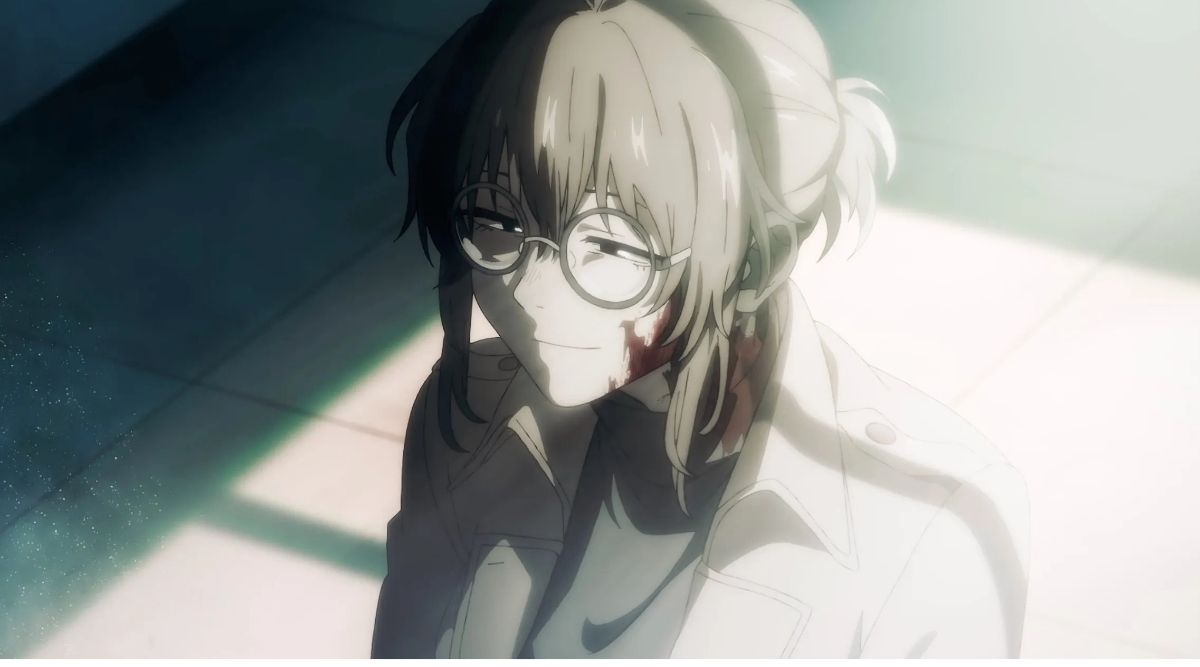
The last few episodes see the detective put her life on the line to fight against Nazuna and the vampires as part of an elaborate suicide plan. The episodes are emotional, intense, and thought-provoking. They brilliantly display what happens when a character is pushed to their limits, the desperation that ensues, and her deteriorating mental state.
Luckily, the season ends on a positive note—a hopeful one, even. But not before portraying the detective’s emotions in the final episode. It shows her feelings of being lost, not knowing what to do next, and finally having to deal with emotions and trauma she’s been trying hard to ignore. These feelings are incredibly human and are depicted excellently in an almost shockingly accurate way.
However, while Call of the Night Season 2 provides a mostly excellent viewing experience, there are a few faults. Kyouko’s story is clearly not finished, as we don’t know who the vampire behind her parents’ death is, despite the several hints sprinkled throughout the season. It’s also unfortunate that only four characters’ pasts were covered in detail, and the others were left out. Given the story’s resolution, it’s also not guaranteed that they will be covered at all.
Call of the Night Season 2 is one of the best anime of the year thanks to its story and animation.
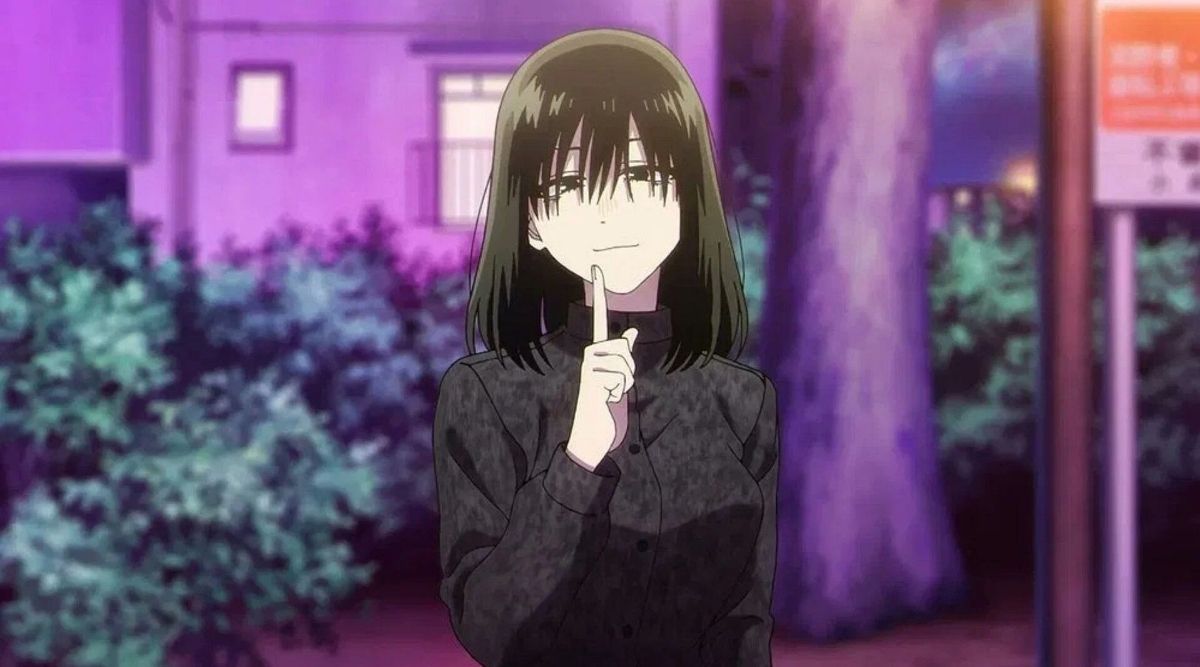
Call of the Night Season 2 is also a visual marvel. Each scene features amazing animation from LIDENFILMS, along with picturesque, highly detailed, and colourful backgrounds. Like the first season, all these elements succeed in flawlessly evoking the atmospheric aesthetic of walking through a city at night.
The very few action scenes and intense moments in the season also feature impeccable animation, precise movements, and detailed, emotive facial expressions. All these result in an astounding viewing experience.
All in all, Call of the Night Season 2 is one of the best anime of the year, thanks to its immaculate storytelling, pacing, and dialogue. The season offers one of the most emotional and enjoyable viewing experiences in the medium, making it easy to recommend the anime to those willing to start from the first season.
Call of the Night Season 2 is streaming now on HIDIVE.
Call of the Night Season 2
-
Rating - 9.5/109.5/10
TL;DR
Call of the Night Season 2 is one of the best anime of the year, thanks to its immaculate storytelling, pacing, and dialogue

